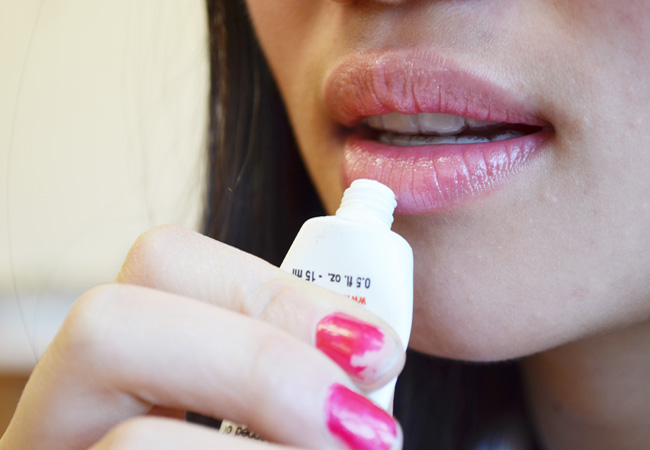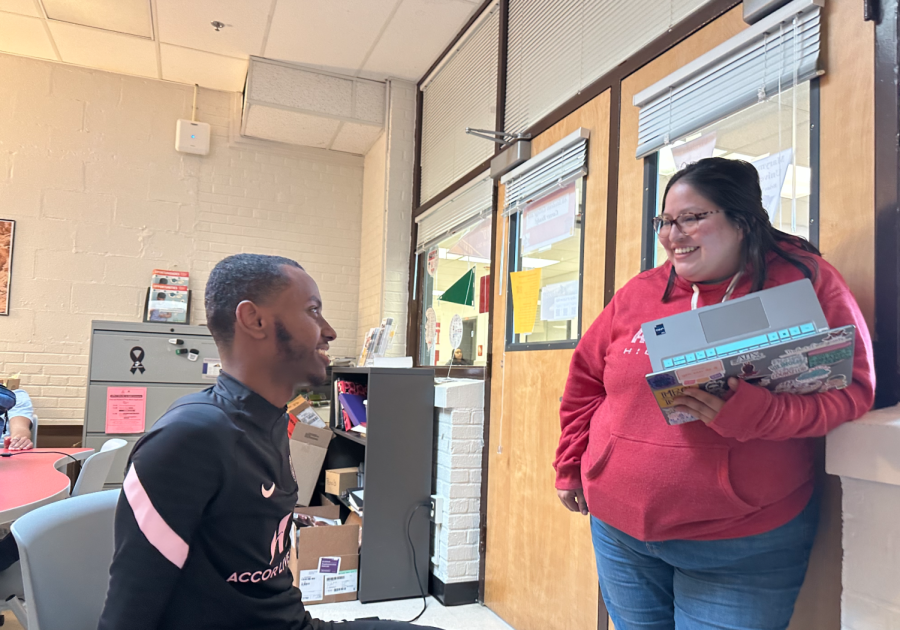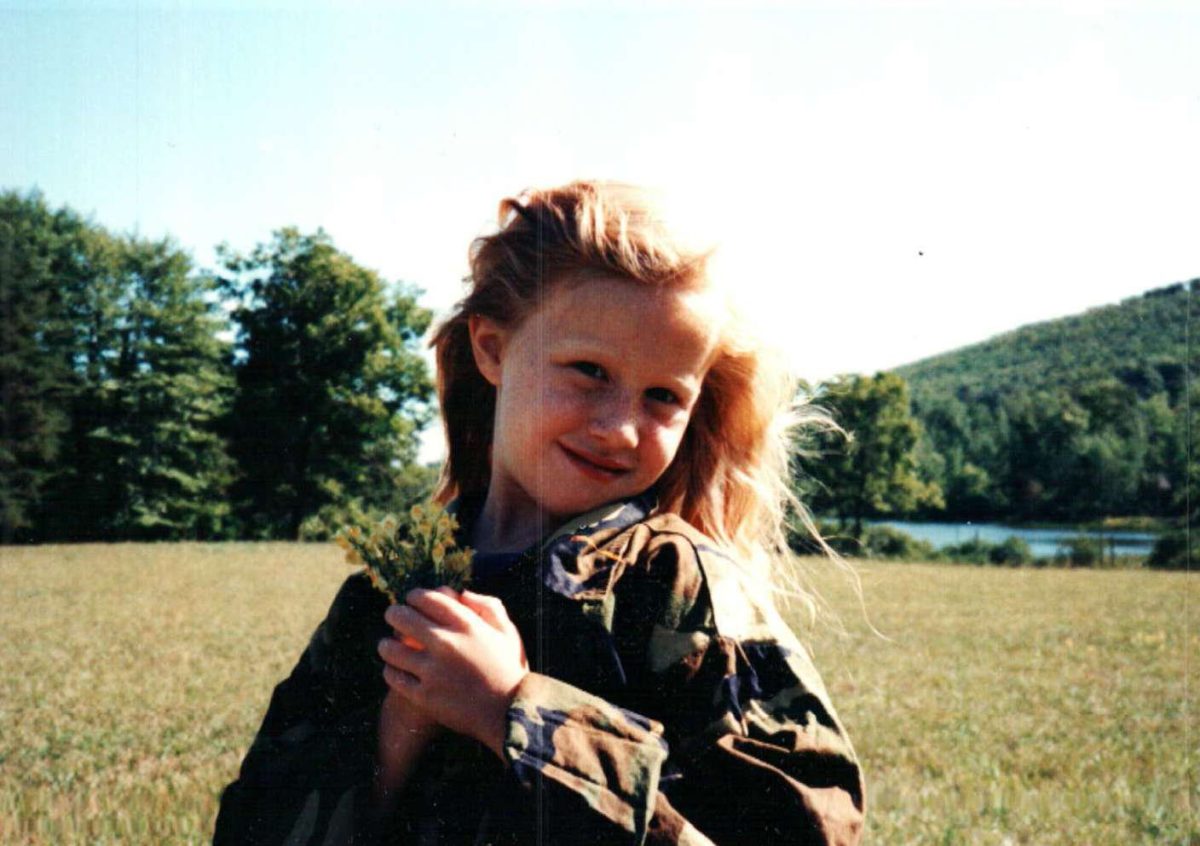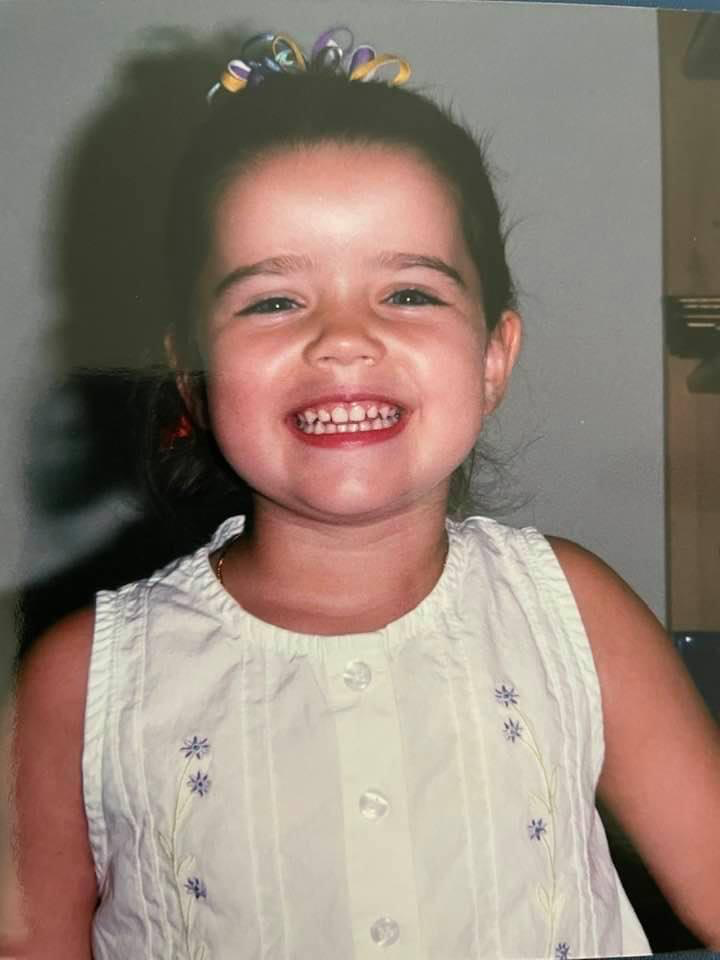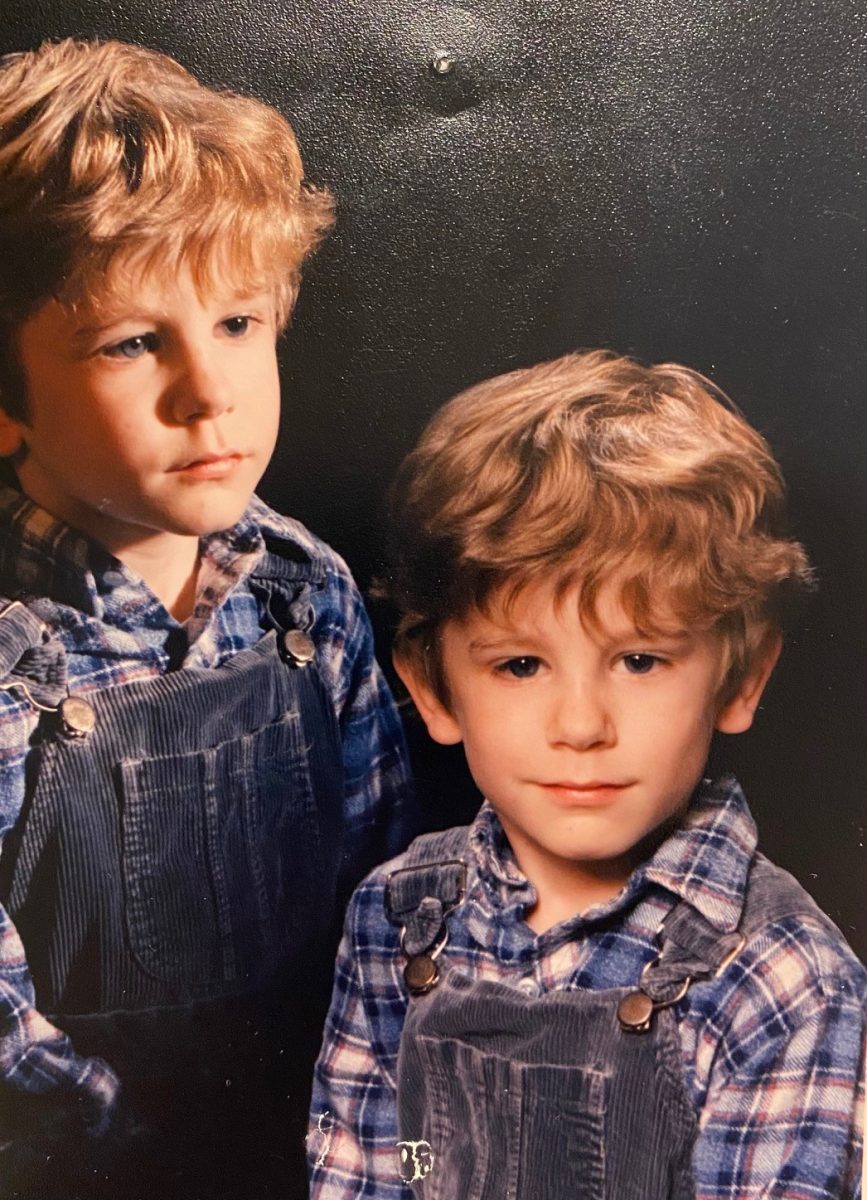A subtle press on the lips and the butterflies run loose. The heart melts with affection and the immune system shivers with fear. While reminiscing on that one perfect kiss could brighten up your day, it is important to never forget that the mouth is in fact the dirtiest place on the body.
Diseases associated with kissing are a result of the exchange of saliva, which contain millions of microorganisms. According to the Centers for Disease Control and Prevention (CDC), a human bite can be more contagious than a dog bite due to the properties in human saliva.
The notorious “kissing disease,” known as mononucleosis or mono, is commonly found in young adults and has made its way to AHS recently.
People are often exposed to the virus as young children, but do not show symptoms. Symptomatic infections are much more common in teenagers and young adults. However, because it is contagious, most people contract the disease by the time they reach adulthood.
Senior Jonathan Pratt has suffered from mono for a total of two weeks and was forced to undergo several blood tests to confirm that he had contracted the disease.
“I was out for sports and peer tutoring too, because my doctor told me that my spleen was enlarged because of the disease,” Pratt said.
The disease is caused by the Epstein Barr virus and is primarily spread through saliva. Because the disease is not contractible through air or water, its ability to spread rests primarily on kissing other humans. Upon contracting the virus, one can expect a fever, sore throat and fatigue.
“I even had strep throat that turned into pharyngitis, which made me feel even more bad. I spent seven of the ten days of winter break in my bed with a swollen throat,” Pratt said.
Junior Erika Alwes was also forced to endure the disease for almost a month and has contracted it twice in her life.
“It made me really lazy and unmotivated to do everyday things,” Alwes said.
In an effort to inform teens of the dangers of mono, health teacher Gabe Romano warns many of his students to be aware of the diseases through his teaching.
“When you think about how bacteria and viruses spread, you [realize that] all you have to do is be five feet from someone who sneezes or coughs to get sick,” Romano said. “I even tell my students to avoid sharing water bottles in class to avoid getting sick.”
More often than not, teens find themselves misled and misinformed about information pertaining to kissing diseases.
“The bottom line is if someone is sick and coughing, you shouldn’t be kissing them,” Romano said. “Just be smart and use common sense.”



